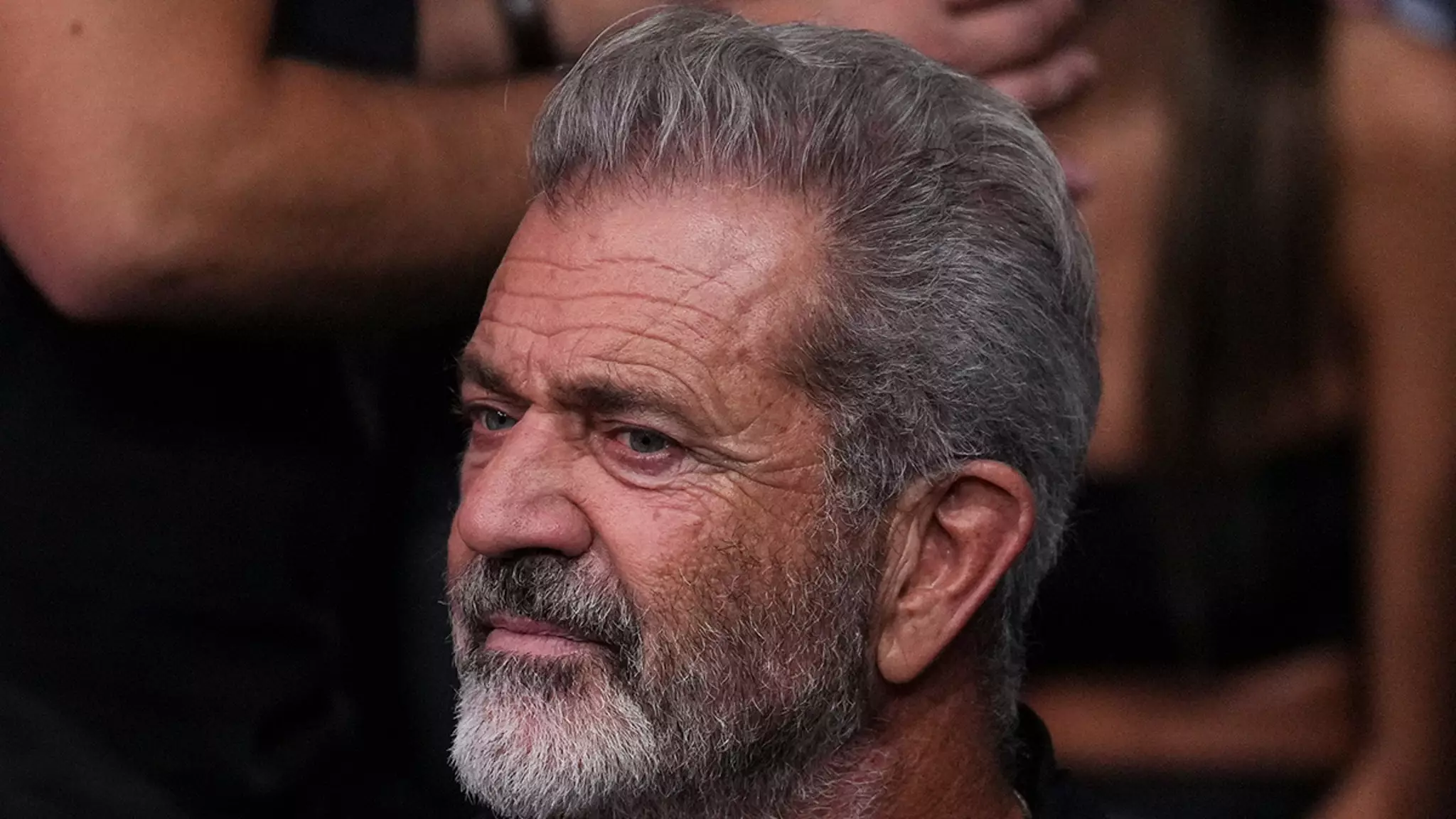In a development that has attracted considerable attention and sparked an intense backlash, Mel Gibson, the renowned yet polarizing actor and filmmaker, is set to regain his right to bear arms. This restoration of his gun rights comes on the heels of significant political maneuvering tied closely to the administration of former President Donald Trump. According to reports from credible sources, including the New York Times, Gibson is one of ten individuals with prior convictions now finding their gun rights restored, an action that raises questions about justice, privilege, and the political landscape in America.
Political Influence and Legal Consequences
Gibson’s reinstatement appears to be heavily linked to his longstanding association with Trump, igniting discussions around the ethical implications of such political influence on legal matters. The circumstances surrounding his prior conviction for battery against his then-girlfriend in 2011 had since deemed him ineligible to purchase firearms. Allegations have surfaced that the Justice Department experienced a schism over this case, with Elizabeth G. Oyer, the former U.S. pardon attorney, reportedly dismissed for resisting the restoration of Gibson’s rights. This situation poses a significant question: should personal relationships and political affiliations influence access to civil liberties like firearms?
While the legal system’s complexity is undeniable, the decision to restore Gibson’s rights could be perceived as an illustration of a two-tiered justice system—one that favors celebrities and those with political connections. This perception becomes even more pronounced when considering Oyer’s assertion regarding her removal, an act that sheds light on the politics that sometimes overshadow the legal processes intended to serve justice impartially.
The Broader Implications of Restored Rights
Restoring gun rights to individuals with histories of violent behavior, especially domestic violence, sends a potentially dangerous message about accountability and rehabilitation. It raises alarm bells concerning public safety and the underlying implications for victims of domestic abuse. By endorsing the notion that personal relationships can overshadow significant legal transgressions, the Justice Department risks undermining the very fabric of legal integrity and the safety of communities across the nation.
Furthermore, the boldness of Gibson’s case invites broader scrutiny into the policies guiding gun rights restoration. The circumstances surrounding the decision may fuel perceptions of inequality in how justice is served, especially for those who lack similar influence or connections. While proponents argue that everyone deserves a second chance, the delicate balance between redemption and safety is one that needs careful navigation.
As Gibson steps back into the world of firearms ownership, it may serve as a turning point in the discourse surrounding gun rights in America. The intersection of celebrity status, political connections, and legal accountability will continue to elicit vigorous debates, urging society to reflect on the implications of granting rights to individuals with troubled histories. The unfolding narrative may demand a reevaluation of the principles that underpin our justice and political systems alike.

